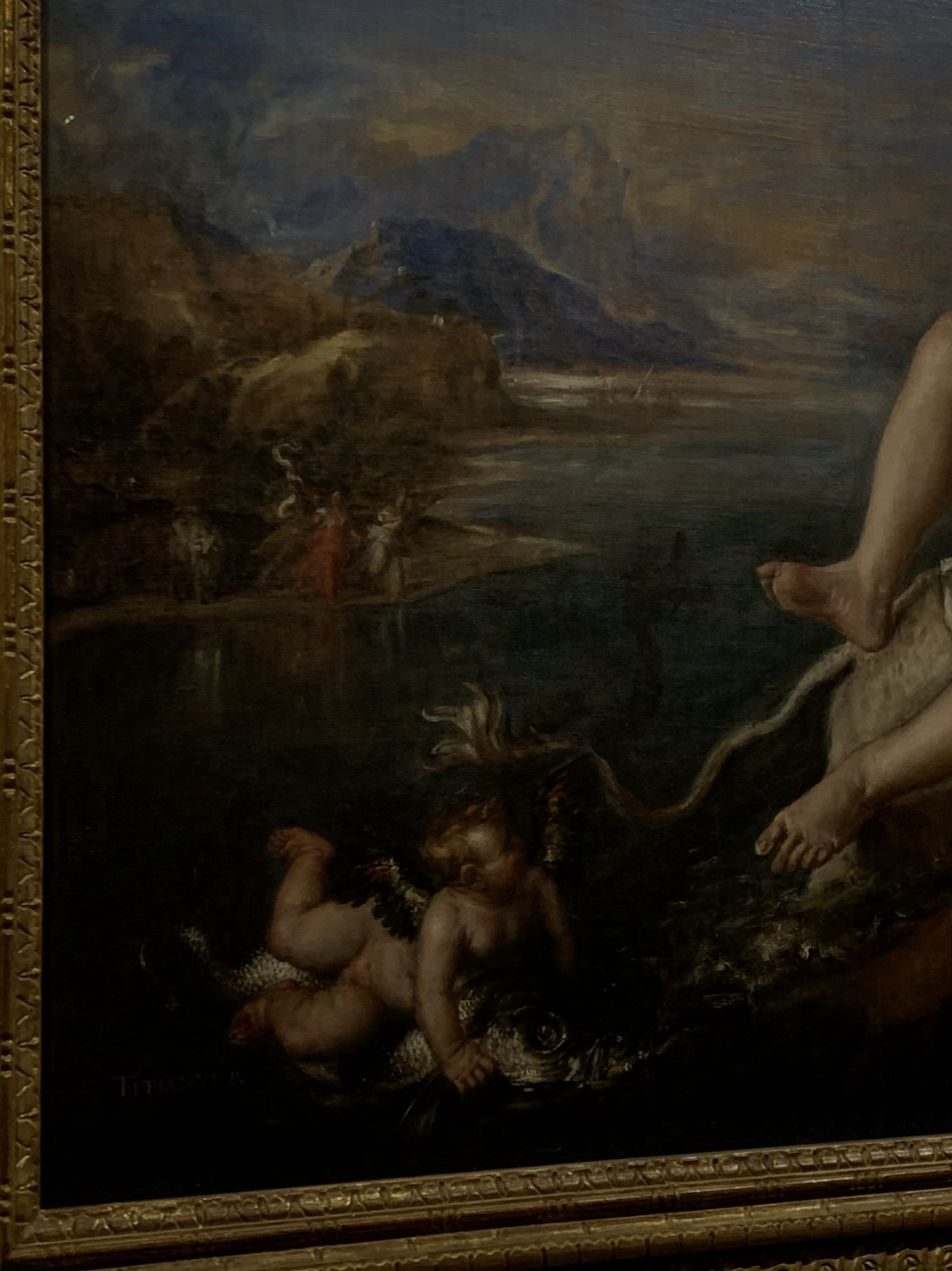Review of UCL’s adaptation of Aristophanes’ Frogs
- Viola

- Feb 22, 2020
- 3 min read
Updated: Mar 8, 2020
Introduction
Last Wednesday, we went to see the student production of Aristophanes‘ Frogs at the Bloomsberg theatre, having little knowledge about both the play and its context. Fortunately for us, that didn’t matter as were able to understand and enjoy this version of Frogs. They cleverly referenced some details from the original script, such as Bacchus addressing the Priest of Dionysus, or some of the speeches from the chorus in Greek. Overall, the modern interpretation made it more engaging and relevant to the audience in 2020, but it could be argued that it strays from the traditional conventions of Greek comedy.
Comedy
As this was our first exposure to Greek comedy, it was pleasantly surprising to find that the jokes were in fact very amusing and still applicable to both the classical audience and the modern audience. Many of the jokes were references to today’s society, which was actually more effective, since the original comedy would have come from mocking their own society, and so modernising these jokes gives us the same reaction. It was also interesting to that much of the humour stemmed from making fun of famous figures of the classical world, like Aeschylus or Euripides, which in any other setting would be politically unacceptable.
Plot
In this version, all the character still retained their names and roles (except for the involvement of women , which was a nice change from the traditionally all male actors). Dionysus and Xanthus wanted to travel to ‘infernos’, a renowned nightclub in order to find the best poet and were given advice by Hercules on how to get there safely. They met the chorus of frogs (street dancers) on the way there (taking the tube) and the daughters of Demeter. Then Dionysus was made to judge a rap-battle/ poetry slam between Euripides and Aeschylus to bring one of them back with him into Greece. In the end, Aeschylus won and went back with Dionysus. Comedy vs Tragedy
Having studied only tragedies, we can see that there are many clear distinctions between the two. Even the purpose itself is very different; where tragedy is a form of katharsis or ecstasis with minor references to political or moral ideas, one of the main purpose of comedy is arguably to question or criticise the contemporary political or social climate, usually in the form of mockery. The same characters are depicted in very different manners, and from studying both the Bacchae and Frogs we can see that even important roles like Dionysus are completely reversed.
Staging, lights and music
The set was very minimal and reflected well the lack of resources that there would be in an Ancient Greek theatre. This forced us to use our imagination to bring to life some of the settings. The chorus always sung acapell, mirroring what they actually did and they danced too. The frogs made the sounds they did in the original script and there was even a singing (or rather rapping) interaction between the Euripides and Aeschylus. They did, however use people such as phones to enhance some of their jokes. they used quite extravagant makeup, and the chorus even had neon face paint which we thought was used to symbolise the masks originally worn.
For next time
When we study the play in school, we think this experience will have given a rough understanding of the plot and the dynamics and personalities of the characters and arguably the reaction that the play wanted to evoke from the audience. As well as this, it would definitely be a good opportunity for anyone who isn’t already interested in classics or feels as though it is not relevant, to introduce them to this area of classics, and show the enjoyment of seeing other interpretation of materials that have existed for thousands of years!



Comments